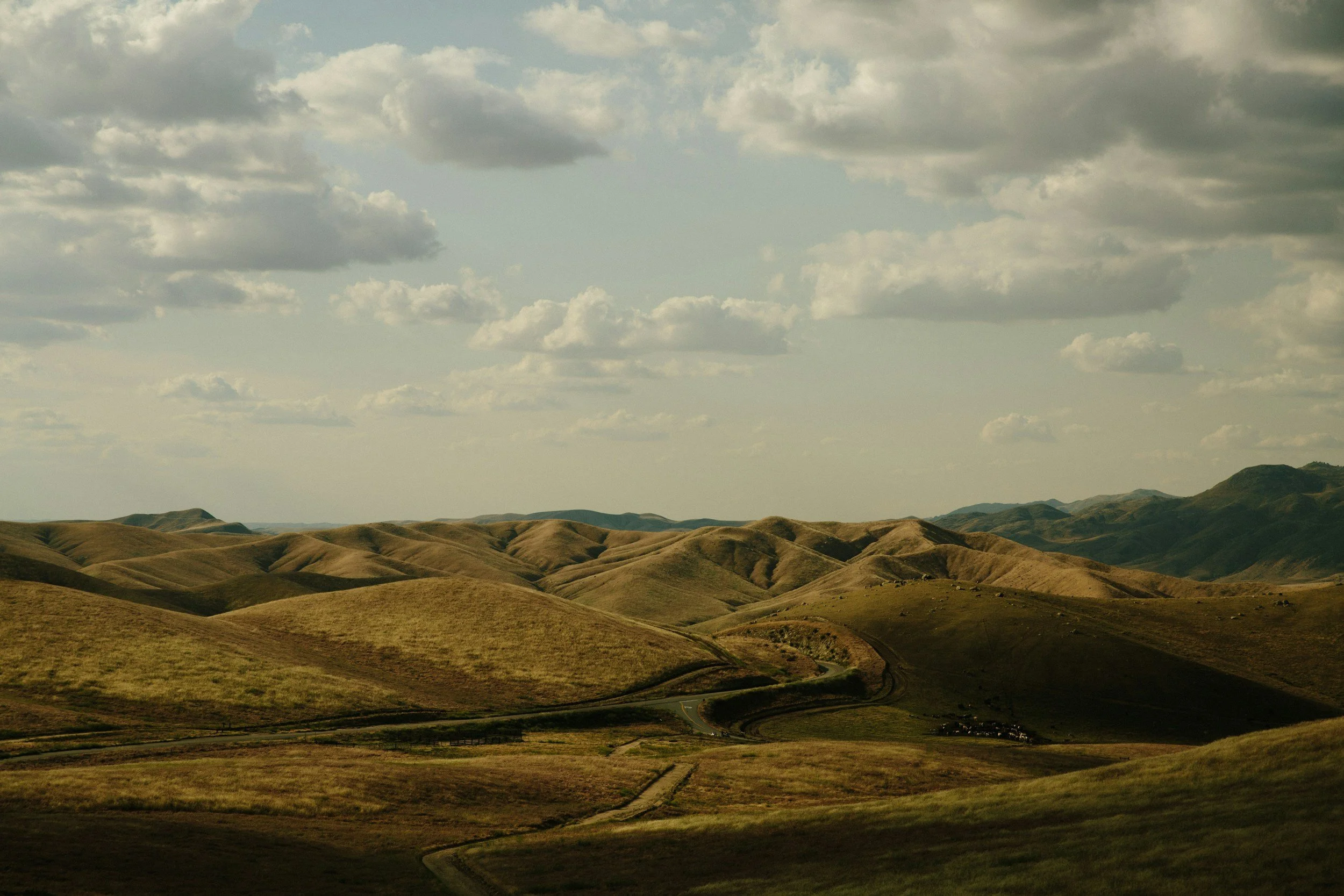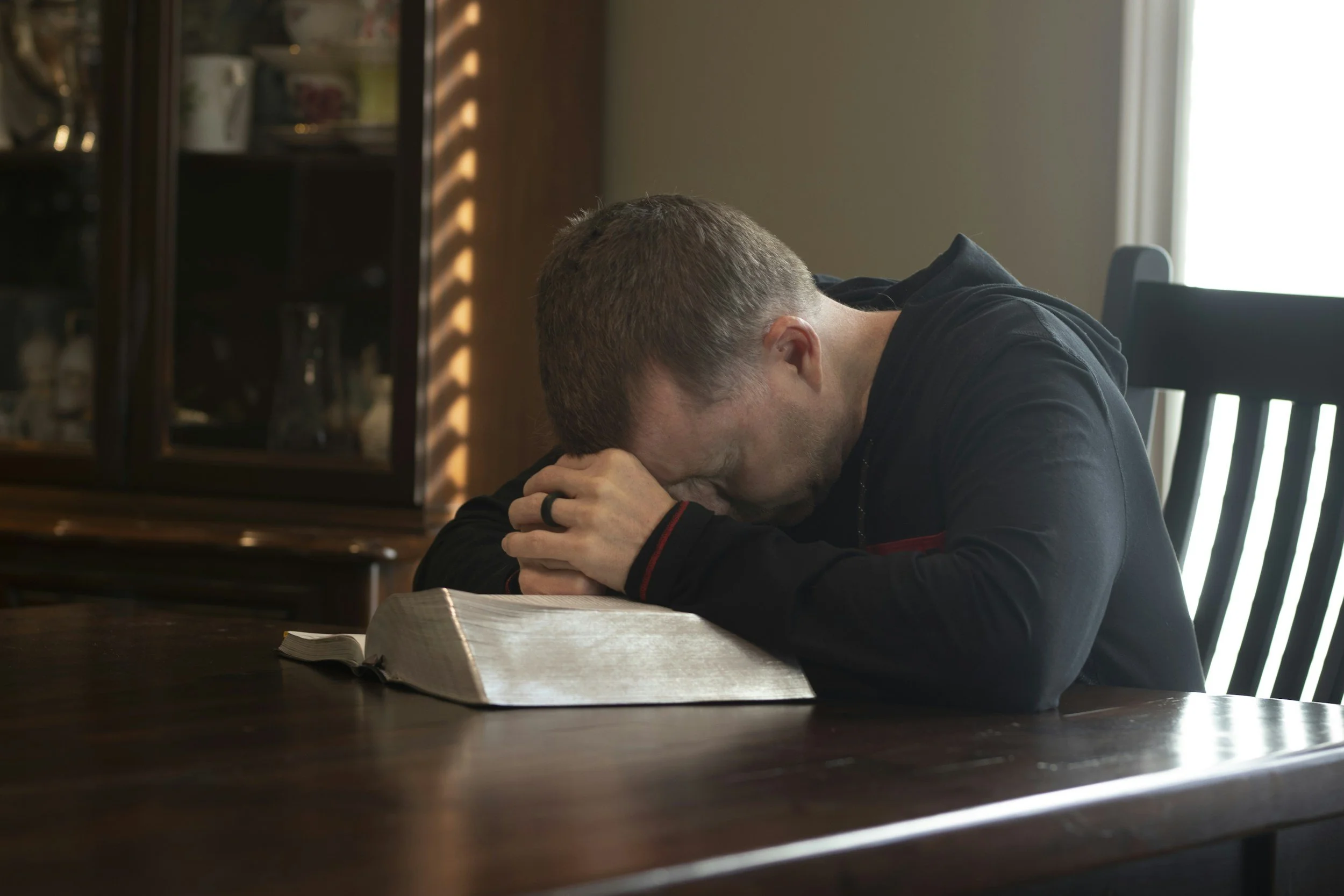Behold Jesus.
Respond in worship.
Pursue a life centered on Jesus.
Behold His glory. Live in His presence. Respond in worship.
Here you’ll find articles that equip and inspire you to behold Christ, cultivate rhythms of renewal, and build a life of worship that flows from the knowledge of God.
Christ-Centered Theology
Our theology is not just academic–it is the pursuit of the Living God. Explore articles that deepen your understanding of Scripture, anchor your heart in the gospel, and draw your worship towards Jesus Christ, the center of all truth and glory.
Worship that Beholds
Worship is not performance–it is beholding. In this section, discover how true worship flows from seeing Jesus rightly. Learn to lead and live from the place of adoration, intimacy, and Spirit-filled devotion.
Recent Blogs
Catch the latest articles from Relentless Pursuit Creative. Fresh insights on Christ-centered theology, worship, and rhythms of renewal–helping you pursue Him in every season.
Names of Jesus Advent: Awesome
Too often we are more excited about the benefits of the Lord than the Lord Himself. We celebrate in victory, blessing, healing, and strength; but do we celebrate whenever we see and meet with Him? I have concluded that there is no way that I walk in the realization of the awesome wonder of God at all times. My life would look vastly different if I did.
Names of Jesus Advent: Horn of Salvation
“Now his father Zacharias was filled with the Holy Spirit, and prophesied, saying: ‘Blessed is the Lord God of Israel, for He has visited and redeemed His people, and has raised up a horn of salvation for us In the house of His servant David’” Luke 1:67-69
Names of Jesus Advent: Our Sacrifice
In Genesis, we read that Abraham is elderly, and His aging wife has been barren from the earliest days of their marriage. Yet, even in his old age, God has given them a son, Isaac. God then asks Abraham to sacrifice his son. His only son.
Names of Jesus Advent: Alpha and Omega
God. Infinite. Immeasurable. Without beginning or end. His own Self-declaration says that He is the bookends of all creation; nothing exists without Him. If you are a student of Greek, you would know that Alpha is the first letter in the Greek alphabet, and Omega is the last. Jesus here is telling John that, as his own gospel proclaims, He has existed from before the beginning of time and creation.
Names of Jesus Advent: Righteous Judge
Miracle on 34th Street is one of my favorite Christmas movies. Surprisingly, there is a bit of political commentary in a Christmas film from the 1940s. In particular, judicial corruption. In the movie, Judge Henry Harper is tasked with the role of either committing Kris Kringle to a mental institution or providing a verdict that declares, “Santa is real.”
Names of Jesus Advent: Bread of Life
Bread has been a staple of survival throughout history. When reflecting on Jesus’ name, “Bread of Life,” I am drawn to the exodus journey. The Israelites wandered in the desert. Hot. Hungry. Tired. Thirsty. Yet, God, in His lovingkindness, provided manna for them every single morning. This mystery bread from heaven was their source of physical sustenance in the wilderness.
Names of Jesus Advent: High Priest
Perhaps High Priest is one of the more difficult names of Jesus to understand. Chances are, if you are reading this blog, you have no need for a biblical high priest in regard to your relationship with God. We understand that Jesus, our Savior, made a way for us to have perfect union with God. We can boldly enter His presence. The veil has been torn. The separation between God and man rent.
Names of Jesus Advent: Desire of the Nations
Jesus gives us wild hope, celebratory anticipation, and an unmatched sense of fulfillment. Here the prophet writes that there will be a shaking of the nations. This is not a gentle prod. Nor an awakening. It is a shaking of divine judgment that, as Calvin wrote, “shall habituate [the nations] to the ruling power of God.”
Names of Jesus Advent: First Love
Throughout history, monks and mystics alike have often set apart the month of December as a time to reflect on His first coming in the flesh, to meditate on the present reality of His indwelling of believers, and to anticipate His final coming for His bride, the Church.
October 31st is for Reformation and Revival!
On October 31, 1517, Martin Luther posted his 95 Theses on the Wittenberg Church door. This was a catalytic event that would reform all of Christianity. Religious cycles that created a dead faith for hundreds of years were broken. October 31st is a day that the Lord has made, and we must remember that God is good and He is not limited by a number on a calendar.
How to Judge Prophetic Songs: Scriptural Discernment for Worship Leaders
Not every spontaneous moment is prophetic. Learn how to test prophetic songs against Scripture, love, and the edification of the church.
How to Worship Without Words: The Biblical Role of Instruments in Prophetic Worship
Discover the power of instrumental worship in Scripture—from David’s harp to the band of prophets. Learn how to minister to God and others without singing a single word.
What is an Invitation Song? Worship Songs That Call People to Behold Jesus
Discover the power of instrumental worship in Scripture—from David’s harp to the band of prophets. Learn how to minister to God and others without singing a single word.
Biblical Meditation in a Busy World
When I heard the word “meditation” I used to think of a bald monk, dressed in an orange robe, sitting alone at the peak of a mountain endlessly repeating a deep guttural OM. Now I know that there is some great word association taking place here, but this isn’t the correct way to think about meditation.
Worship Leaders and the Word
Every follower of Jesus should be spending time in the Word of God daily. It is such a foundational and imperative part of being a disciple of Jesus. Reading His Word is one of the best ways we can learn more about Him and become more like Him. This should be a high priority for all of us, but especially worship leaders.
The Suffering King
Our King was beaten and betrayed by those He came to save. He was beaten to the point where He no longer looked like Himself. Before killing Him on the cross, they wanted to torture Him. He was missing skin and had bones exposed. Jesus felt it all. Yet it says that we were the joy set before Him.
Moses' Tabernacle and Worship
In Exodus 25-27, we can read the plans for Moses’ Tabernacle. This was not only to be a place for His presence to dwell but also would serve as a prophetic picture of Jesus and what He would do for us. We will look at the areas and articles of Moses’ Tabernacle and, more specifically, how they apply to our worship.
Worship Postures In Scripture
The Bible is full of different physical postures that we can take during worship. Being demonstrative in how we worship God is not something reserved for charismatics; it is a biblical response to God.
The Names of God
God has many names in Scripture, and they wonderfully describe who He is. When we hunger and desire to know Him more, He will reveal more about who He is. As worshipers, we must understand who God is. The more we know Him, the more we worship Him in spirit and truth.
Light in the Darkness
I have been fighting depression recently, and on and off, it has reared its ugly head since my teenage years. Recently, with a few creative projects underway, emotions surfacing that I had suppressed from my marriage, and changes at work, it came with a vengeance and, at the same time, subtle.
















